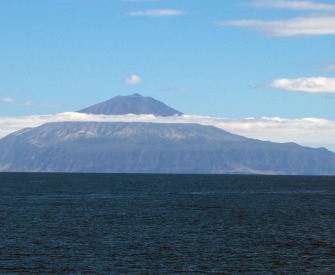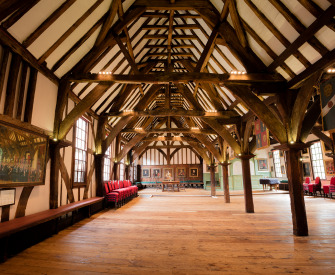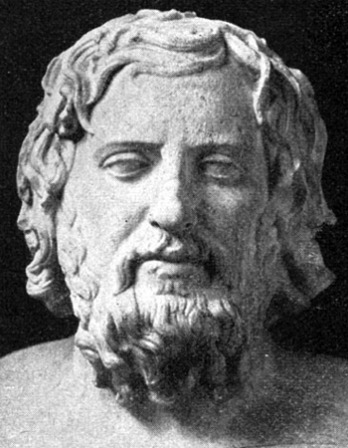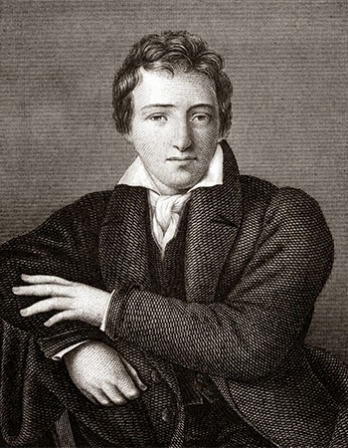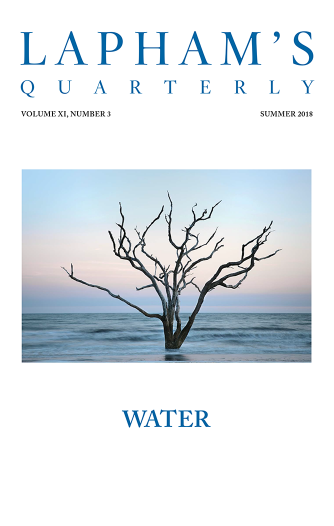The wonderful sea charmed me from the first.
—Joshua Slocum, 1900The Accursed Trade
Olaudah Equiano describes a harrowing passage.
The stench of the hold while we were on the coast was so intolerably loathsome that it was dangerous to remain there for any time, and some of us had been permitted to stay on the deck for the fresh air. But now that the whole ship’s cargo were confined together, it became absolutely pestilential. The closeness of the place and the heat of the climate added to the number in the ship, which was so crowded that each had scarcely room to turn himself, almost suffocated us.
This produced copious perspirations, so that the air soon became unfit for respiration, from a variety of loathsome smells, and brought on a sickness among the slaves of which many died—thus falling victims to the improvident avarice, as I may call it, of their purchasers. This wretched situation, which was again aggravated by the galling of the chains, now became insupportable, and the filth of the necessary tubs, into which the children often fell, and were almost suffocated. The shrieks of the women and the groans of the dying rendered the whole a scene of horror almost inconceivable. Happily perhaps, for myself, I was soon reduced so low here that it was thought necessary to keep me almost always on deck. I expected every hour to share the fate of my companions, some of whom were almost daily brought upon deck at the point of death, which I began to hope would soon put an end to my miseries. Often did I think many of the inhabitants of the deep much more happy than myself. I envied them the freedom they enjoyed, and as often wished I could change my condition for theirs. Every circumstance I met with served only to render my state more painful, and heightened my apprehensions, and my opinion of the cruelty of the whites.
One day they had taken a number of fish, and when they had killed and satisfied themselves with as many as they thought fit, to our astonishment who were on deck, rather than give any of them to us to eat, as we expected, they tossed the remaining fish into the sea again, although we begged and prayed for some as well as we could, but in vain. And some of my countrymen, being pressed by hunger, took an opportunity when they thought no one saw them of trying to get a little privately, but they were discovered, and the attempt procured them some very severe floggings. One day when we had a smooth sea and moderate wind, two of my wearied countrymen who were chained together (I was near them at the time), preferring death to such a life of misery, somehow made through the nettings and jumped into the sea: immediately, another quite dejected fellow, who, on account of his illness, was suffered to be out of irons, also followed their example—and I believe many more would very soon have done the same if they had not been prevented by the ship’s crew, who were instantly alarmed. Those of us that were the most active were in a moment put down under the deck, and there was such a noise and confusion among the people of the ship as I never heard before, to stop her, and get the boat out to go after the slaves. However, two of the wretches were drowned, but they got the other and afterward flogged him unmercifully, for thus attempting to prefer death to slavery. In this manner we continued to undergo more hardships than I can now relate, hardships which are inseparable from this accursed trade. Many a time we were near suffocation from the want of fresh air, which we were often without for whole days together. This, and the stench of the necessary tubs, carried off many.
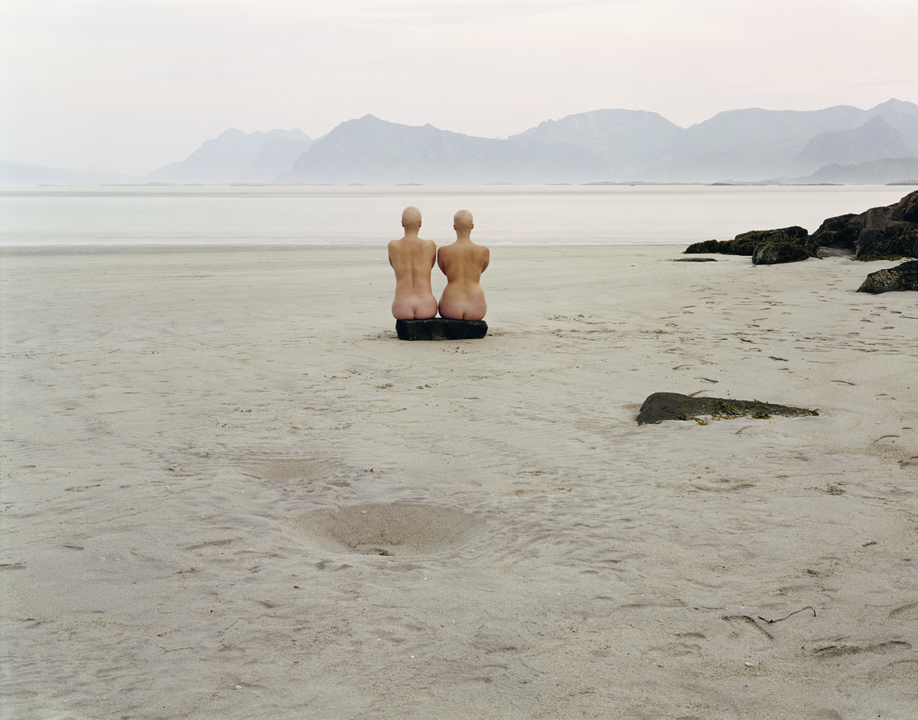
1:30 a.m. South, by A K Dolven, 2003. © A K Dolven, courtesy the artist and Galerie Anhava, Helsinki.
During our passage, I first saw flying fish, which surprised me very much; they used frequently to fly across the ship, and many of them fell on the deck. I also now first saw the use of the quadrant; I had often with astonishment seen the mariners make observations with it, and I could not think what it meant. They at last took notice of my surprise; and one of them, willing to increase it, as well as to gratify my curiosity, made me one day look through it. The clouds appeared to me to be land, which disappeared as they passed along. This heightened my wonder, and I was now more persuaded than ever that I was in another world, and that everything about me was magic. At last, we came in sight of Barbados, at which the whites on board gave a great shout and made many signs of joy to us. We did not know what to think of this, but as the vessel drew nearer, we plainly saw the harbor and other ships of different kinds and sizes, and we soon anchored among them, off Bridgetown. Many merchants and planters now came on board, though it was in the evening. They put us in separate parcels and examined us attentively. They also made us jump, and pointed to the land, signifying we were to go there. We thought by this we should be eaten by these ugly men, as they appeared to us; and when soon after we were all put down under the deck again, there was much dread and trembling among us, and nothing but bitter cries to be heard all the night from these apprehensions, insomuch that at last the white people got some old slaves from the land to pacify us. They told us we were not to be eaten, but to work, and were soon to go on land, where we should see many of our countrymen.

Olaudah Equiano
From his Interesting Narrative. Equiano wrote that he was kidnapped at the age of eleven in Africa and eventually brought to Virginia via Barbados. Among his masters during ten-odd years of slavery were a plantation owner, a lieutenant of the British navy, and a Philadelphia-based Quaker merchant. The author of the first internationally best-selling slave narrative, Equiano bought his freedom in 1766, settled in London, became an abolitionist, published his book in 1789, and died in 1797.
